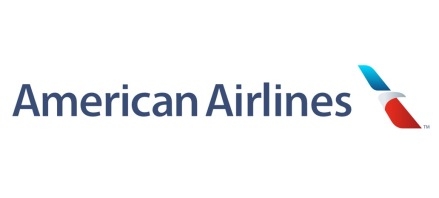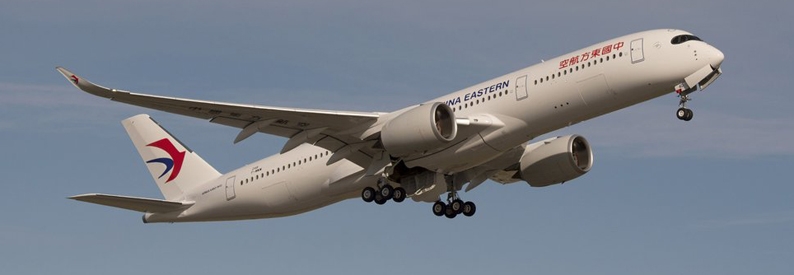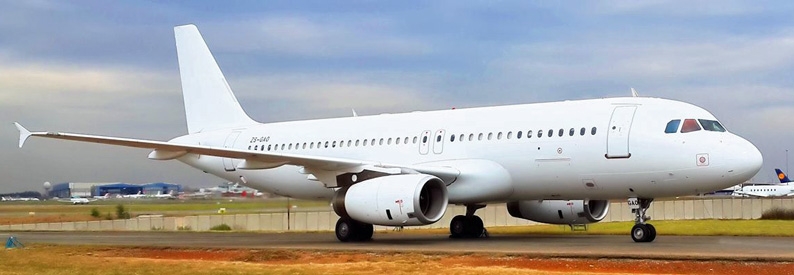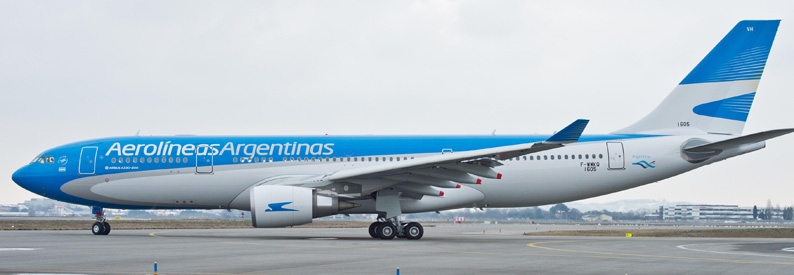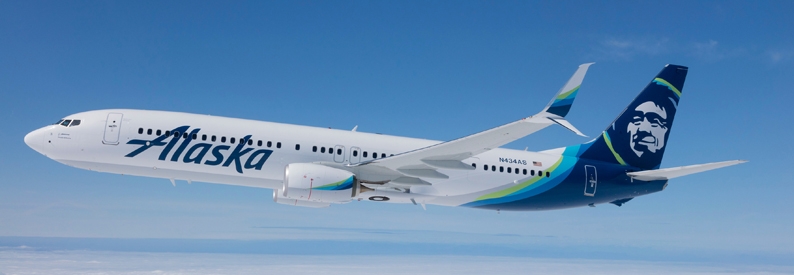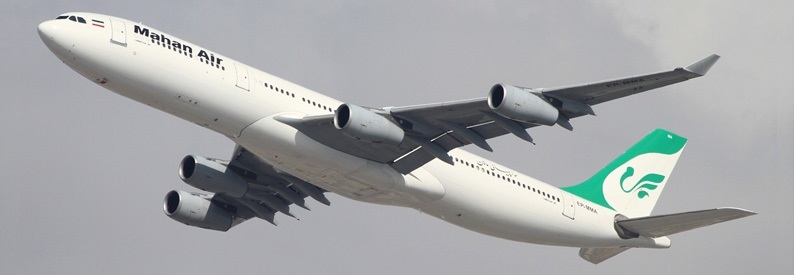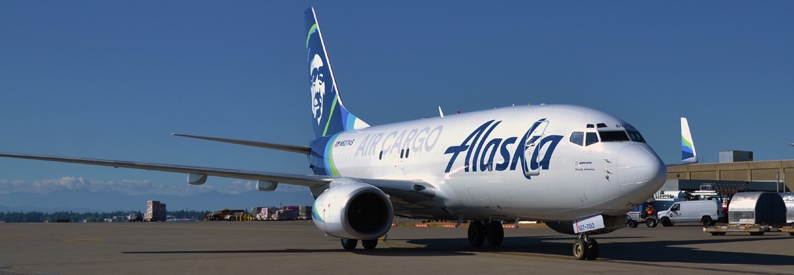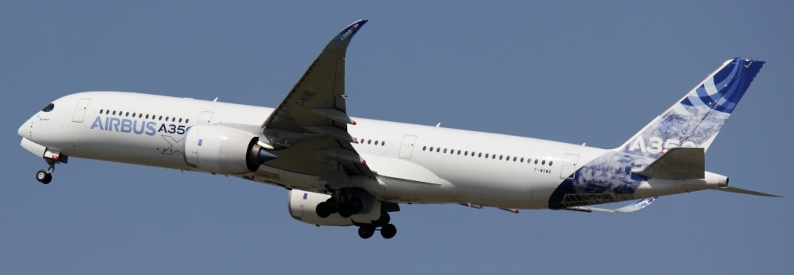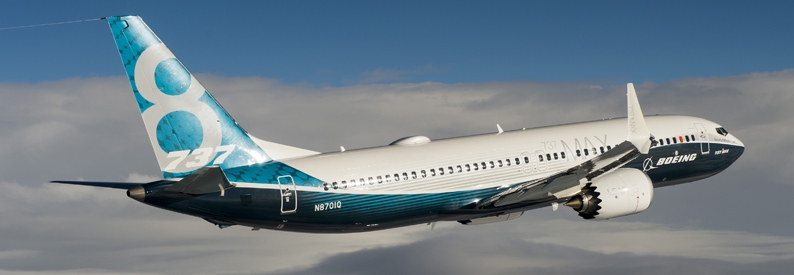Major airlines in the United States have said they are better prepared to face a year ahead that could be as grim as 2020, now that they have won USD15 billion in additional payroll support in the latest coronavirus relief package signed into law at the end of December. Some have begun a phased return of furloughed workers but warned this was likely to be temporary.
Part of a new USD900 billion coronavirus relief package, the “transportation aid” requires carriers to keep employees on the workforce until March 31 and bring back over 30,000 workers who were furloughed when the terms of a previous package, which handed airlines USD25 billion, expired on October 1.
Delta Air Lines (DL, Atlanta Hartsfield Jackson) CEO Ed Bastian said in a memo sent to employees on January 1 that he continued to anticipate a positive cash flow by spring 2021, after which it would start to pay down its debt.
However, he added, as quoted by Reuters: “As difficult as 2020 was, in many ways I expect the next 12 months to be even more challenging.”
The company, which has pledged to block middle seats at least until the end of March, is likely to “experience two distinct phases during the next 12 months,” the first a continuation of 2020, while “the second phase will begin only when we reach a turning point with widely available vaccinations that spur a significant return to travel, particularly business travel.”
Southwest Airlines (WN, Dallas Love Field) was more upbeat, saying that the new federal Payroll Support Program (PSP) meant it would halt planned job and salary cuts. It had plotted almost 7,300 job cuts starting in January to cut labour costs by USD500 million. It may receive USD2 billion from the new package, according to an estimate by Bloomberg.
CEO Gary Kelly said in a memo to staff: “Thankfully, as a result of this crucial aid, we can breathe a sigh of relief, knowing that we will not be forced to follow through with those steps.”
The aid will prevent job cuts for the whole of 2021, he promised, though the carrier remains overstaffed in “many areas”.
Overall traffic volumes in the United States are still only about 35% of what they were in 2019. According to lobby group Airlines for America, US carriers were burning USD180 million per day as of mid-December.
Carriers including American Airlines (AA, Dallas/Fort Worth) and United Airlines (UA, Chicago O'Hare) laid off about 32,000 employees in October when the previous aid package lapsed. They are now expected to be called back. American claimed to have sent recall letters to all 17,500 furloughed union employees, the Dallas Morning News reported. As the bill covers four months from December 1, some may also receive back pay.
Nevertheless, “bringing nearly 19,000 team members back to work is a complex process and will take time,” CEO Doug Parker and President Robert Isom cautioned in a letter to employees. “While pay and benefits will be restored right away, people will be asked to return to the operation in phases.”
Earlier, Parker and Isom said in a statement released on December 21, a week before President Trump eventually signed the aid into law: “This PSP extension will enable us to bring furloughed team members back to work and resume air service to cities and towns that rely on us - all at a critical moment.”
United CEO Scott Kirby and President Brett Hart confirmed in a statement on the same date that “those employees who are eligible under the terms of the PSP extension can temporarily come back to United through March 2021.”
But they warned: “Importantly, though, we don’t expect customer demand to change much between now and the end of the first quarter of 2021. United has been realistic about our outlook throughout the crisis, and we’ve tried to give you an honest assessment every step of the way. The truth is, we just don’t see anything in the data that shows a huge difference in bookings over the next few months. That is why we expect the recall will be temporary.”
